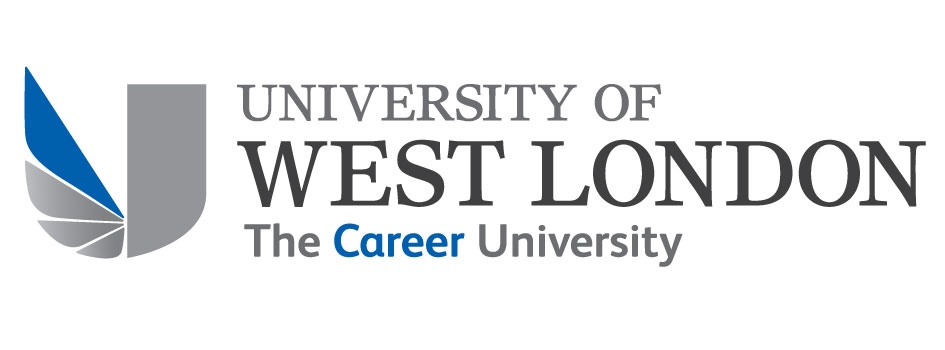Course : PhD in Music
Year completed : 2019
Title of thesis : Creativity in new music for strings: Under which circumstances does creative change occur in different types of performer-composer collaborations?
Supervisors : Professor David Osbon and Professor Simon Zagorski-Thomas
David Osbon is Professor of the Creative Arts, University of West London
Simon Zagorski-Thomas is Professor of Music, University of West London
Agata’s research on creativity in new music for strings is a fantastic example of the way that research, theory and passion can combine to create new knowledge. In analysing the nature of creative interaction between performers and composers collaborating on new works, Agata was able to develop two new typologies. Her study related to the ways in which performers contribute to the development of new works through the devising and rehearsal process. Agata decided to conduct her research using both ‘emic’ and the ‘etic’ approaches. This meant that her approach focussed on internal elements of the group under study and their functioning (emic) but that she was able to draw from this and develop theories that are more universal (etic).
Despite not using an established definition of creativity, she built on a strong foundation of theories that are currently used in creativity research. Agata was fascinated with and inspired by Amanda Bayley’s research into the string quartet and her project ‘From composition to performance’. She also thought that Csikszentmihalyi’s Systems Creativity Model worked well with her research. Bourdieu’s Theory of Conflict and his forms of capital also play a crucial role in these very intricate social relationships that are created between composers and performers, especially in establishing the authorship of a piece of music. Other research that had a definitive impact on the shape of Agata’s thesis were in connection to cognitive psychology, creative problem solving (Runco, Kozbelt and Beghetto) and other language-based studies (Herbert Clarke, Linda Kaastra and Thomas Porcello).
Agata’s first typology categorised seven different forms of creative change that happen during rehearsals: mistakes being spotted; simplification being offered; choice being offered; intention being clarified; experiment being proposed; moments when creative change happens spontaneously, and editorial changes. The second typology related to five varying circumstances of composer-performer collaborations: the Traditional Collaboration; Workshop Collaboration; Hybrid Collaboration; New Instrument Collaboration, and Experimental Collaboration. Both of these typologies arose from an analysis of the data that Agata gathered from the interviews and the observations of the projects that she conducted. The case studies in her work related primarily to string players, however these results could be applied to other areas of performance practice.

